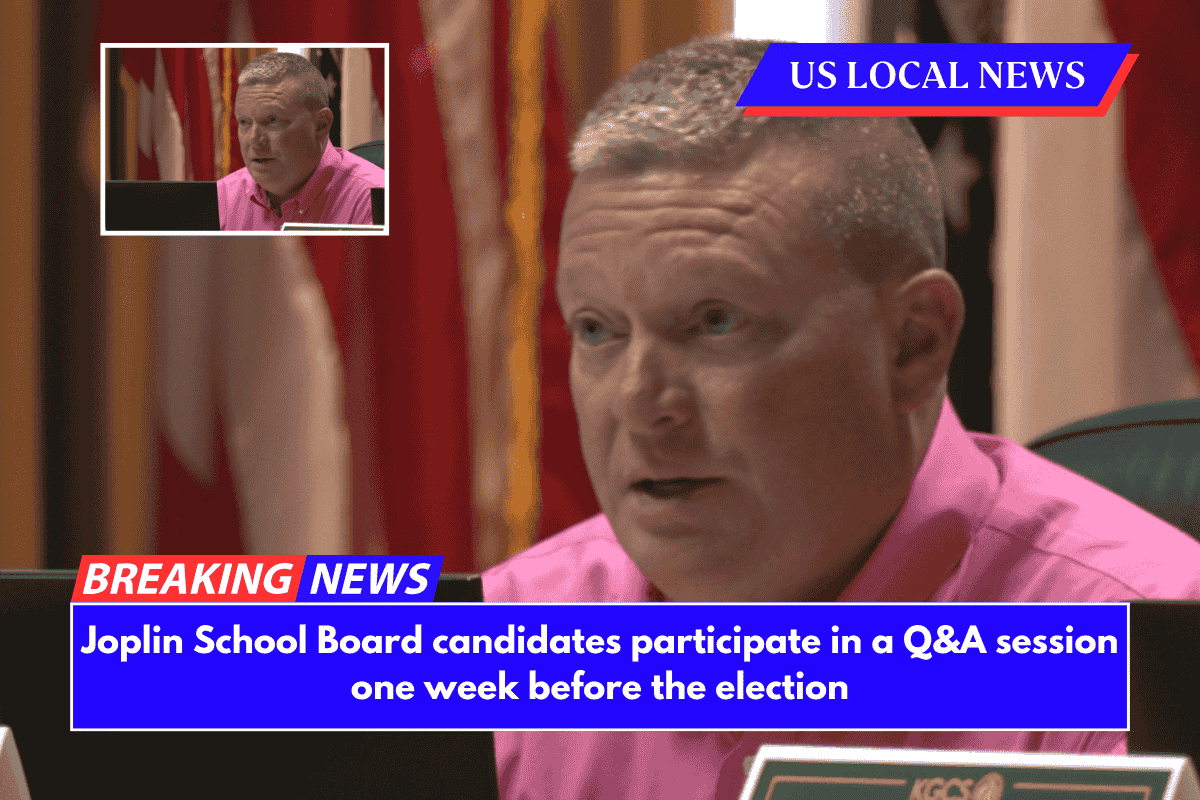Michigan has made little progress in enacting legislation to limit a governor’s emergency powers since the state led the nation in embracing destructive policies during the COVID-19 outbreak. Over the course of three years, Gov. Gretchen Whitmer wielded considerable power over state government, the economy, and social activity. She didn’t cancel her last order until May 11, 2023.
“These executive orders are not a suggestion,” Whitmer stated in 2020. “They are not optional. They aren’t helpful hints. And I expect all Michiganders to follow the law.
Her orders, which included prohibiting the sale of gardening seeds while allowing alcohol purchases, perplexed Michigan residents and drew ridicule from mainstream media.
Whitmer also unilaterally prohibited people from using motorboats and having haircuts, among other things. The state’s economy, schools, and population growth have all been slow to recover in the years following the emergency orders.
Michigan Capitol Confidential reported in 2021 that the science Whitmer used to justify her orders did not exist. When the governor’s administration was asked for the science, they provided no documentation.
Not all of Whitmer’s pandemic-era orders were in effect for the full three years.
Her final pandemic order, dated May 11, 2023, was to cancel the remaining seven orders. These orders included reporting requirements for COVID deaths dating back to April 4, 2020.
The governor was still issuing executive orders as recently as October 2022, two and a half years after her first orders in March 2020.
Three of the seven remaining orders addressed safety, vaccine, and testing requirements for residents and staff in residential care facilities.
The Whitmer administration faced criticism for orders that likely contributed to the deaths of nursing home patients. Michigan allowed COVID-19-positive nursing home patients to remain in the general population of the facilities.
The Michigan Department of Health and Human Services did not provide requested information about COVID deaths in nursing homes, according to Steve Delie of the Mackinac Center Legal Foundation, who testified before the Michigan House Oversight Committee on Nursing Homes.


















